Dynamic Yield: What it is and what are its advantages
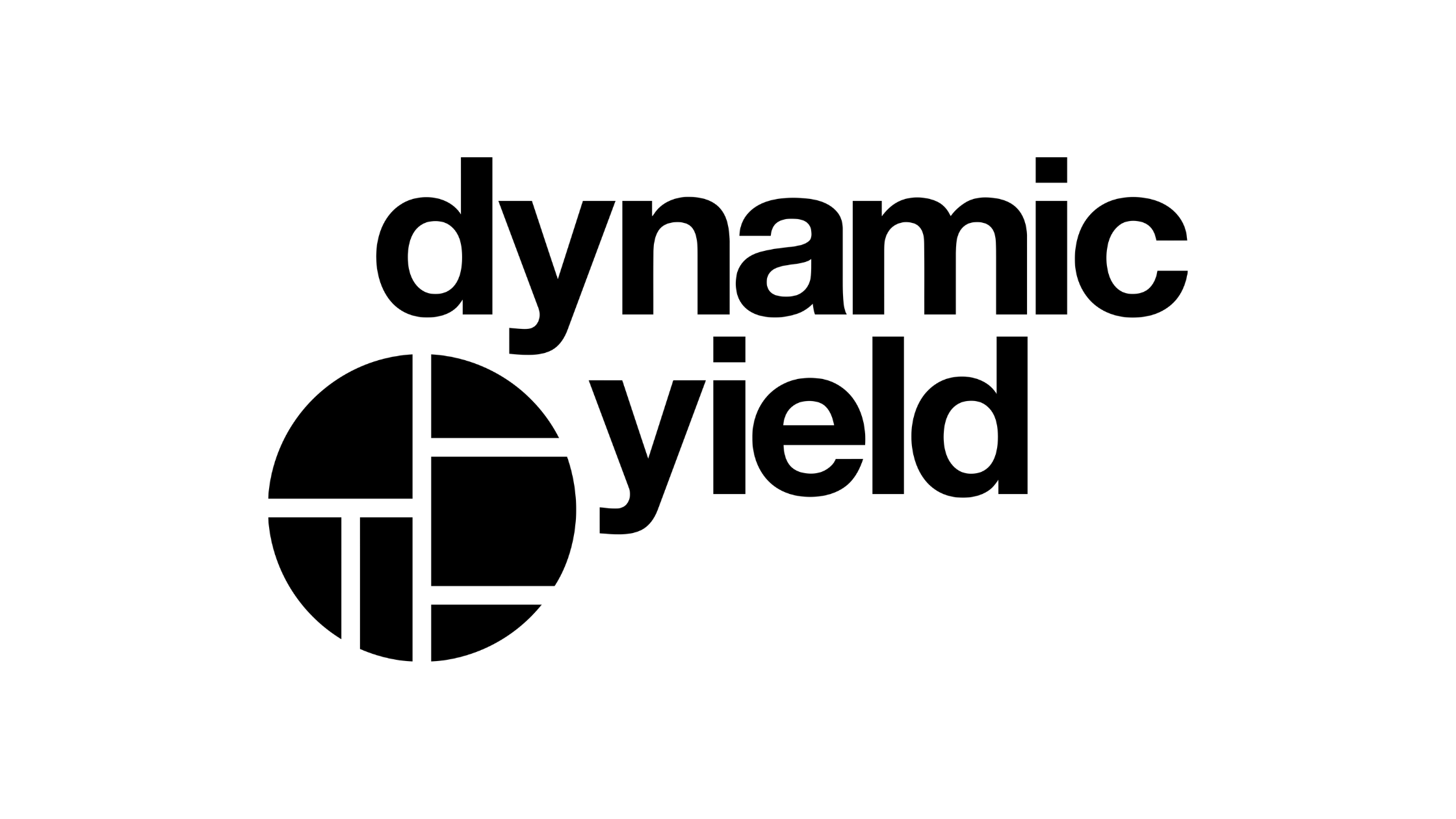
Before, in online stores, the ecommerce or marketing team was the one who decided what the user would see on the site. They made decisions about which products and categories would be given greater visibility on the page, and which products would be promoted through the brand's channels such as email or mobile notifications.
The problem with this methodology is that no user is the same. Everyone has different preferences and interests. What interests a 30-year-old woman who likes clothes is very different from what an 18-year-old who usually buys tech gadgets online would be interested in.
The marketing team could decide that the main banner on the site for the next month will be an image with discounts on electronics. Although that promotion could be interesting to the 18-year-old who likes technology, it would not be of interest to the 30-year-old woman who likes to buy clothes online.
Faced with this challenge, a question arises: how do we show our users the best products for them? In such a way that the products recommended to visitors are very related to their own interests.
The solution to this problem is personalization.
Personalization in online stores consists of delivering personalized user experiences to your visitors by showing content and product recommendations and offers based on their previous actions, searches, purchase history, demographics, and personal information.
Basically, through Artificial Intelligence (AI) algorithms, an ecommerce system recommends products and content according to the user's behavior.
One tool that allows online stores to deliver personalized experiences to their users is Dynamic Yield.
What is Dynamic Yield?
Dynamic Yield is a personalization engine that will display the best products, promotions, and content for each customer.
By using Dynamic Yield, your team will be able to:
Gather all customer information in one place.
Recommend the best products and content for each customer.
Perform A/B tests.
Make design changes to the site.
Automatically trigger email or mobile notifications.
Show specific content to different user segments.
And all of this without requiring support from your company's IT team.
What are the advantages of Dynamic Yield?
Manage customer data in one place
Through customer data management tools, you can centralize all customer information in one place. This will allow you to have real-time information about your customers, segment them by age group, gender, or device, and conduct marketing campaigns to these segments.
For example, if you want to promote a new shoe model among your female customers aged 20-30, with Dynamic Yield, you can send an email or mobile notification to this segment promoting the product.
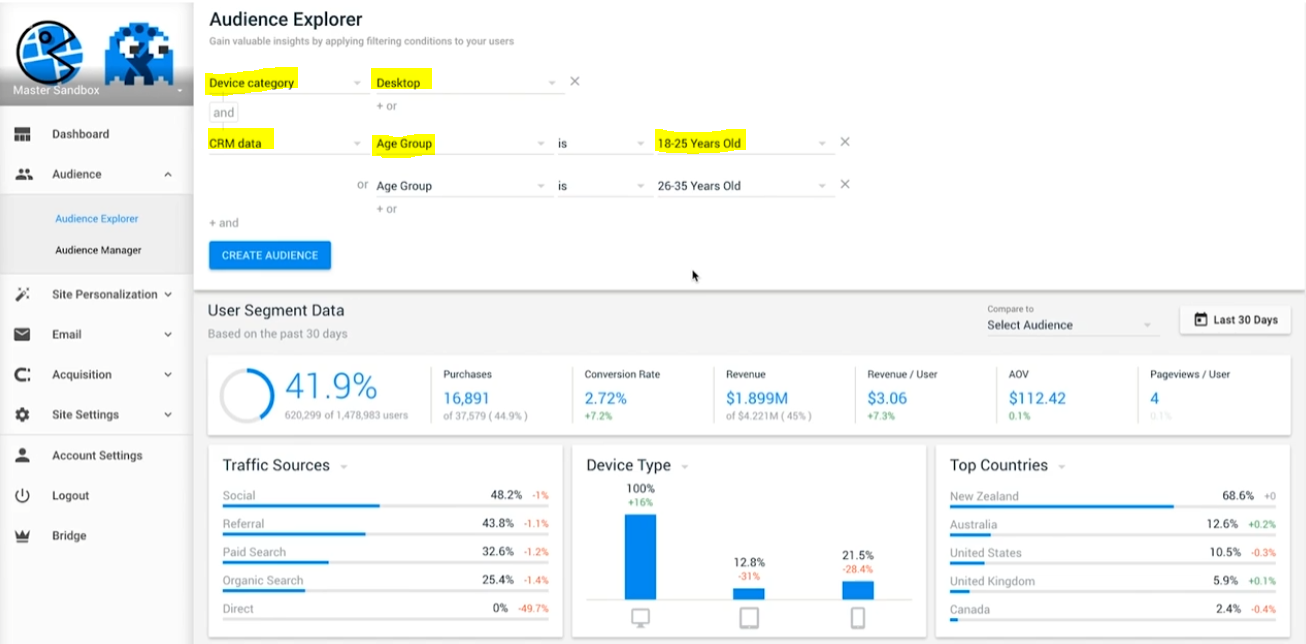
Recommend products to your customers based on their behavior
The best feature of Dynamic Yield is its personalization engine to deliver the best experience to each of your customers.
Through Artificial Intelligence and deep learning algorithms, Dynamic Yield is able to understand the behavior and interests of your customers. In this way, its system can identify which are the best products for each of your users and which products are most likely to be purchased.
Imagine the following scenario.
A user has visited your online store twice before. On both occasions, the user viewed several Samsung brand cellphones. The customer added a cellphone to their shopping cart, but then removed it and never completed the purchase.
Through the user's behavior, Dynamic Yield is able to understand that this specific user is looking for a Samsung cellphone. The system automatically starts showing the user more cellphones from this brand each time they visit your online store. In addition, the system sends them emails and mobile notifications showing similar products that they might be interested in.
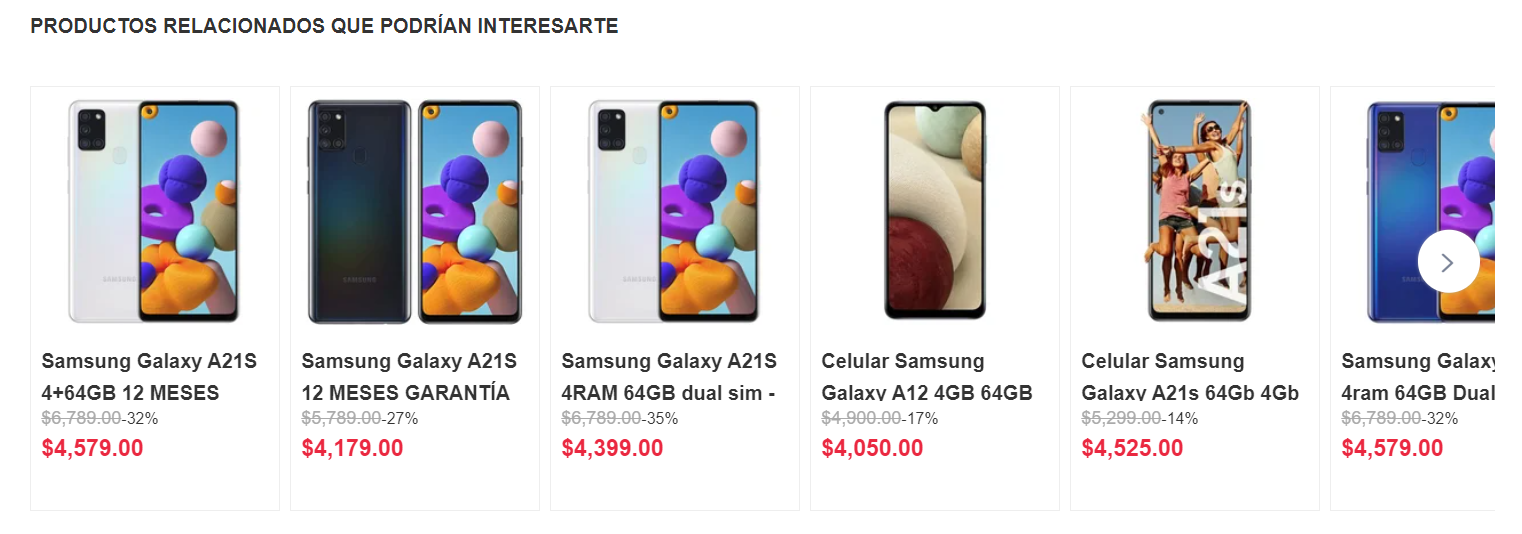
When the user constantly sees products that are relevant to their interests, there is a greater probability that they will make a purchase.
Perform A/B tests
Dynamic Yield allows you to perform A/B tests on your site.
Surely, more than once, your team has wanted to make changes to the design of your ecommerce site. So, they create several new designs to revamp the site.
However, they are not sure which design is better and which could improve the site's conversion rate. To eliminate uncertainty, they decide to perform A/B tests.
In this type of test, the traffic to your site is divided into two, and one group of visitors is shown version "A" and another group of visitors is shown version "B". After a period of two weeks or a month, the conversion rate of each design is measured. In this way, the design changes to your site are no longer based on opinions, but on facts and numbers.
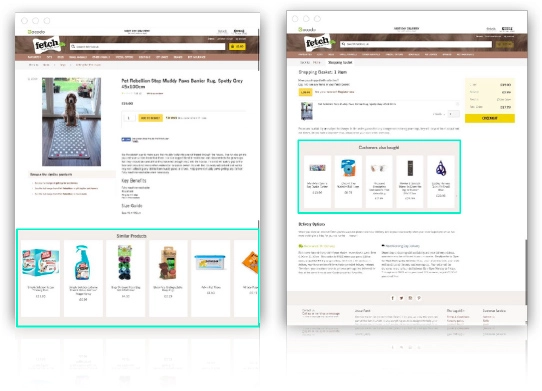
Personalize the content of your site
Personalize static elements such as banners, call-to-action buttons, and promotional areas for each user or segment. This way, you can promote a product or offer among users from different segments.
For example, if you want to promote the deals you have in electronics, you could show a banner with these promotions to all users who have viewed products in the electronics category in the last week.
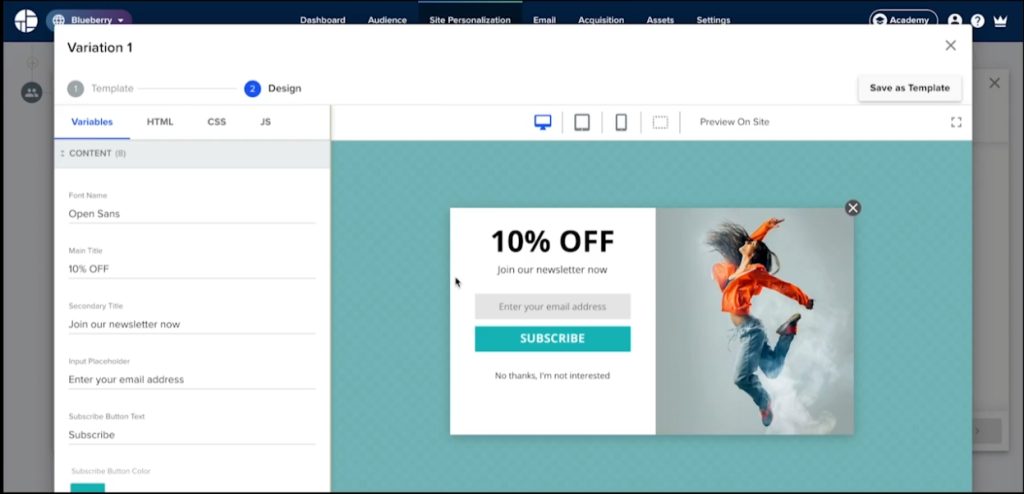
Automate message chains
Through Dynamic Yield, you can design message chains based on user actions. If one of your customers takes a specific action, you could trigger the sending of a series of emails and push notifications on mobile devices.
For example, if a customer leaves their cart with some products without making a purchase, you can automatically trigger an email or a push notification to remind them that they have not completed their purchase.
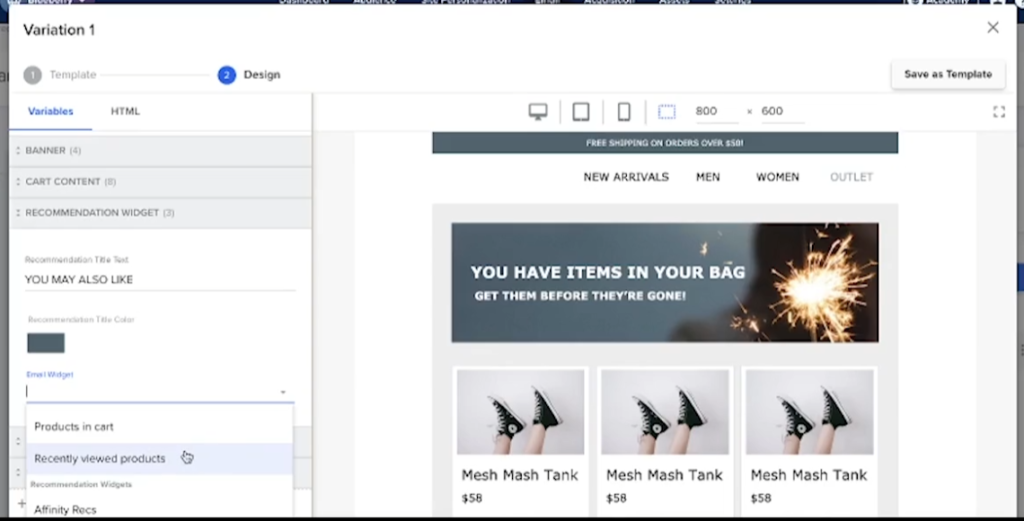
Personalize your product listings
When a user searches for a product on your site, Dynamic Yield will display first those products that have a higher probability of being purchased by the customer. This is based on the behavior of your customers on your site in the past.
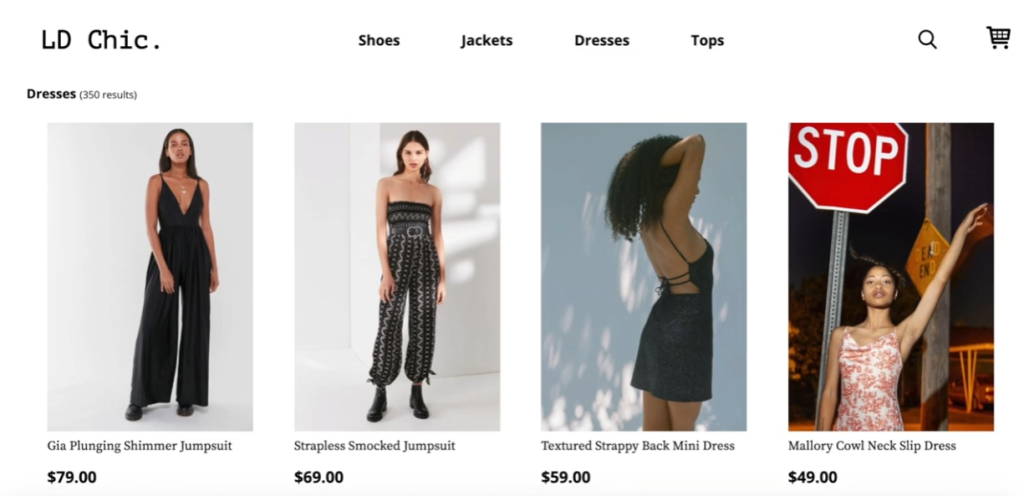
What ecommerce and marketplaces use Dynamic Yield?
Some of the ecommerce and marketplaces that use Dynamic Yield on their site are: Linio, Sephora, Lacoste, IKEA, among several others.
Linio success case using Dynamic Yield
So far, we have explained what Dynamic Yield is and what its tools and advantages are. However, a technological platform is only as good as its business results.
When the user experience is improved on an ecommerce site, and the correct content is shown to the right person, there is a direct impact on sales conversion.
When Linio implemented Dynamic Yield on its site, there was a 30% increase in sales, a 300% increase in click-through rate, and the average revenue per new user increased by up to 23%. Read the full case study here: Dynamic Yield Case Study - Linio.
How can I implement Dynamic Yield on my site?
Dynamic Yield is not a plugin that you can simply install on your website.
In the first phase of installing Dynamic Yield on your ecommerce site, you will require the support of software experts, as its implementation requires writing code in the backend.
Once the tool is installed on your site, your marketing team can make changes to the user experience without having to rely on the IT team.
If you currently want to personalize the user experience that you deliver to your customers and want to show the right product to the right customers to increase the number of sales conversions, at Gluo we can help you effectively install Dynamic Yield. We are a software agency that specializes in user experience in ecommerce.


